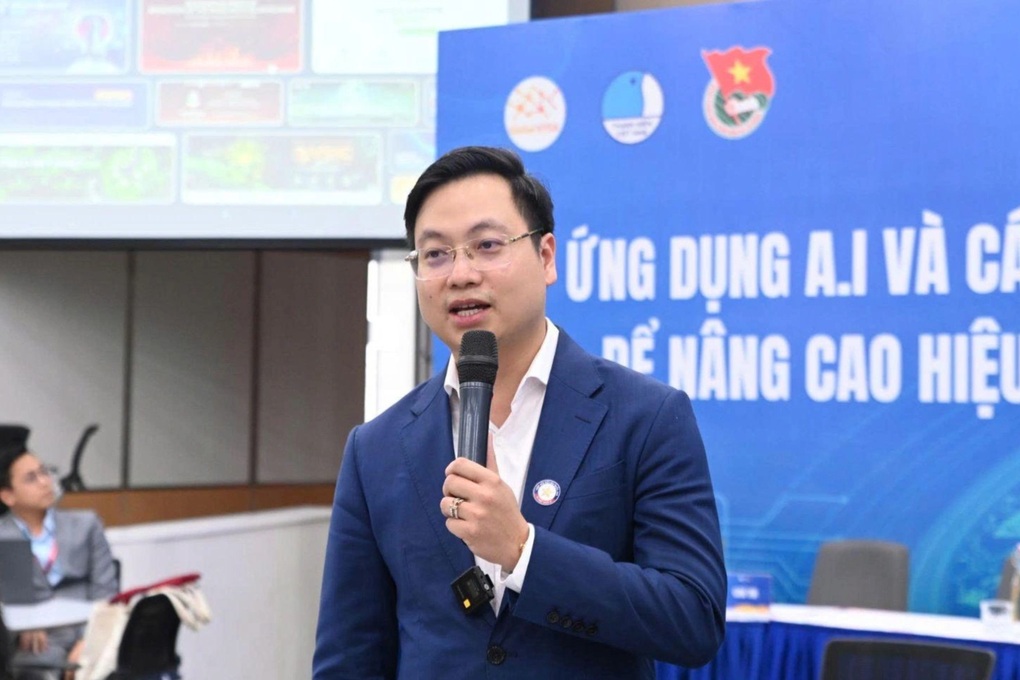
In order to concretize Resolution No. 57-NQ/TW of the Politburo on breakthroughs in science, technology, innovation and national digital transformation, the 6th Global Vietnamese Young Intellectuals Forum (July 19) organized a discussion session with the theme: "Application of AI and new technologies to improve labor productivity".
In the content "Joining hands to make breakthroughs in science , technology development, innovation and national digital transformation according to Resolution 57", delegates had lively and frank sharing about opportunities, challenges and solutions to realize the goal of comprehensive digital transformation.
Unlocking data potential in national digital transformation
Chairing the discussion session, Mr. Tran Quang Hung, member of the Executive Committee, Head of the Delegation - National Data Association pointed out that data is not only a management tool but also a driving force for national digital transformation development.
In particular, Mr. Hung emphasized the importance of building a “market platform” for innovation. With a population of more than 100 million people and an increasingly complete data system, Vietnam has a great advantage in developing data-based economic models.
“Unlike other types of resources, data will continue to grow. But to exploit it, we need appropriate infrastructure and policies,” Mr. Hung shared.
Mr. Hung said that national data is still scattered and lacks connection between fields such as tax, insurance, demographics, industries, etc. The lack of a continuous operating system, centralized storage platform and interconnection mechanism is making it difficult for many innovative initiatives to come into practice.
Especially in the healthcare sector, where large volumes of user data are stored, but there is currently a lack of synchronous connection, wasting resources and hindering the effectiveness of digital transformation.
Need to build a common standard to turn data into gold
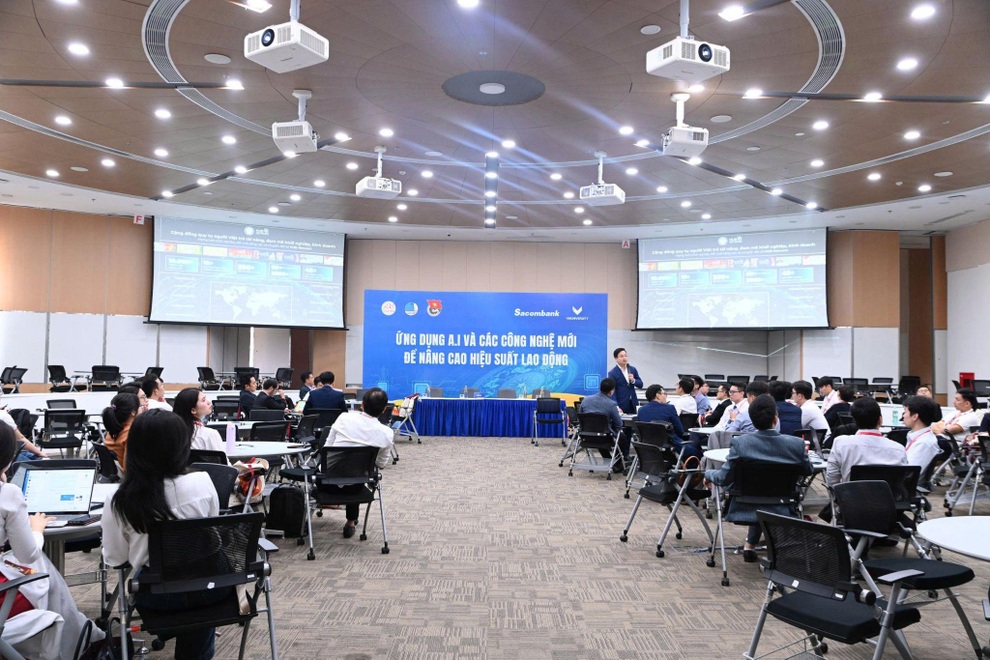
At the workshop, some experts said that Vietnam needs to clarify the concept of data in the current context, which attributes need to be stored long-term and which information should be eliminated.
According to Mr. Hung, the core of data is to be “correct, sufficient, clean, and alive”. However, most software is not updated with data regularly, leading to the value of information decreasing over time.
To build a continuous data system, it is necessary to develop truly useful platforms for people to use regularly in their daily lives. In particular, all data collected from users must be absolutely confidential and comply with strict standards.
In Vietnam, according to many delegates, a big step forward is the integration of personal identification numbers with the insurance system, but there is still a huge gap to the goal of connecting national health data.
“Even within a hospital, departments still use their own storage systems, sometimes with manual paperwork. Data is inconsistent, leading to difficulties in integration,” said Dr. Dao Viet Phuong (Deputy Director of the Stroke Center, Bach Mai Hospital).
Having a common data format and form is not only convenient for treatment but also serves research, policy making and building medical applications.
Synthesizing opinions, delegates said that it is necessary to start from personal data and then move to industry data:
Standardizing personal identification is the first step, requiring a single code that is used across all public and private services.
Each industry needs to build its own set of data standards (structure, format standards) so that data can be analyzed, stored and shared.
Create a legal framework for sharing anonymous medical data, especially for scientific research.
Experts say computers connect to projectors because they follow a standard. Without a common standard, your mouse would only work with one computer, and so would your data.
Source: https://dantri.com.vn/cong-nghe/chuan-hoa-de-khai-thac-mo-vang-du-lieu-trong-giai-doan-chuyen-doi-so-20250720085511717.htm



![[Photo] Prime Minister Pham Minh Chinh chaired a meeting to evaluate the operation of the two-level local government model.](https://vphoto.vietnam.vn/thumb/1200x675/vietnam/resource/IMAGE/2025/10/29/1761751710674_dsc-7999-jpg.webp)
![[Photo] Human love in the flood in Hue](https://vphoto.vietnam.vn/thumb/1200x675/vietnam/resource/IMAGE/2025/10/29/1761740905727_4125427122470875256-2-jpg.webp)
![[Photo] Hue: Inside the kitchen that donates thousands of meals a day to people in flooded areas](https://vphoto.vietnam.vn/thumb/1200x675/vietnam/resource/IMAGE/2025/10/29/1761738508516_bepcomhue-jpg.webp)


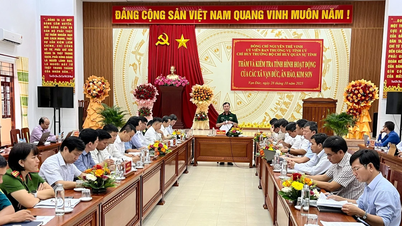

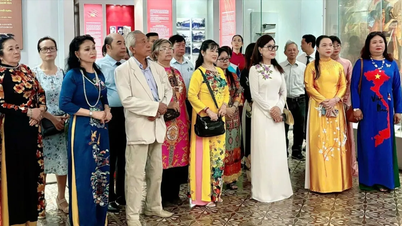

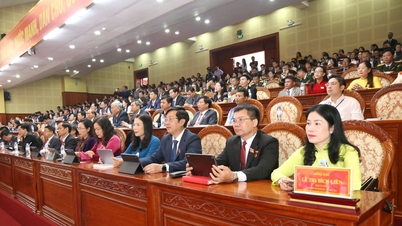



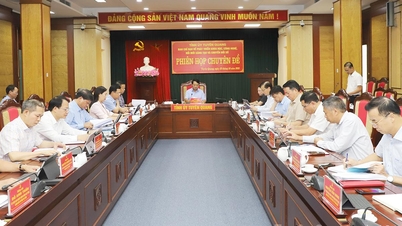








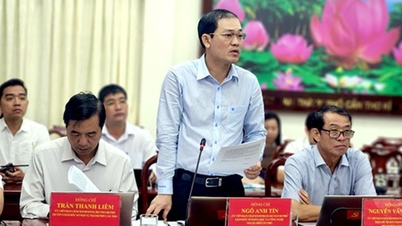










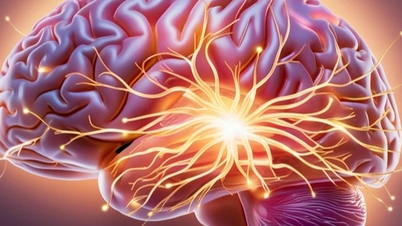
























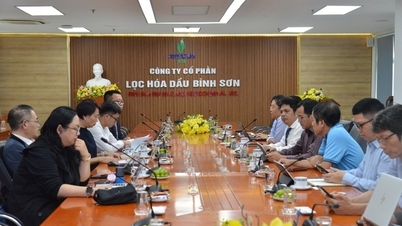













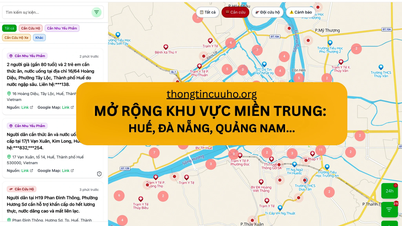









![[Live] Concert Ha Long 2025: "Heritage Spirit - Brightening the Future"](https://vphoto.vietnam.vn/thumb/402x226/vietnam/resource/IMAGE/2025/10/29/1761743605124_g-anh-sang-am-thanh-hoanh-trang-cua-chuong-trinh-mang-den-trai-nghiem-dang-nho-cho-du-khach-22450328-17617424836781829598445-93-0-733-1024-crop-1761742492749383512980.jpeg)







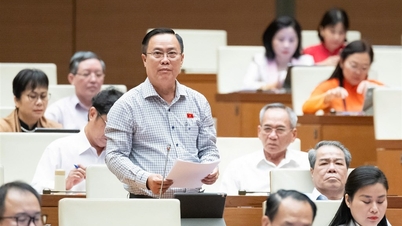


















Comment (0)